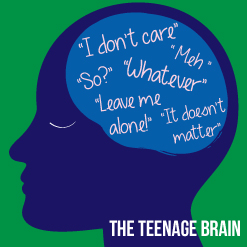The Ugly Truths of Choice and That Which Divides Us
I spent the summer working on the Southwest side of Chicago-knocking on doors, organizing, and helping plan education justice events. I met amazing people who care deeply about equity, about justice, about improving the educational opportunity for their children. I saw thousands come out in support of their neighborhood schools. I heard powerful testimonies of the great work happening inside the schools from students, teachers, staff, and parents.
I had not spent a lot of time on the Southwest side before. There is so much good, so much community involvement, so much kindness. It was beautiful.
But I also saw a less attractive side of the area. The SW side has a growing Latino population which is expanding into once formerly white working class or working class sometimes poor Black communities. I saw the tensions as demographics change and the racism or prejudice that arises when people from different backgrounds mix. I met older Ms. Katie's Ramblings: The Ugly Truths of Choice and That Which Divides Us:
We Can't Talk About Discipline Without Discussing Mental Health

I try to follow closely the discussions around school discipline including zero tolerance or "no excuses" discipline policies, restorative justice, and the school-to-prison-pipeline. I applaud many of the groups of youth, youth workers, educators, and parents working to dismantle the StPP and implement more restorative practices in our schools, especially in schools serving low income Black and Latino students. There is no question that Black and Latino youth are being mistreated by racist and misguided discipline policies.
However, I feel there is a huge piece of the conversation that is missing: mental health. As we discuss student behaviors and appropriate contexts and reactions to those behaviors, I feel like we are glossing over the very real and very serious implications of trauma, depression, or other mental health effects that are exacerbated by poverty and racial oppression. Too many of our students and their families and communities are daily being bombarded by such incredible injustice and obstacles that the mental health toll comes out in their behaviors. Children and youth are responding in very normal and predictable ways to absolutely untenable circumstances. Poverty is often racialized in our city and poverty matters.
Back last fall, I finagled my way-by practically begging my administration-to a CPS trainingWe Can't Talk About Discipline Without Discussing Mental Health

